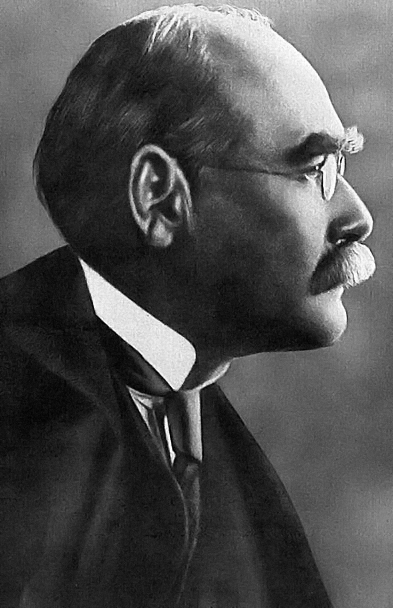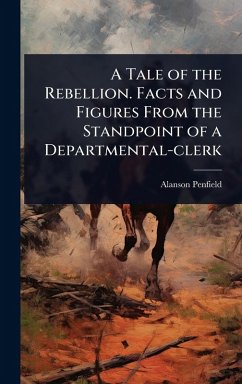
Departmental Ditties And Ballads And Barrack Room Ballads
Versandkostenfrei!
Versandfertig in 1-2 Wochen
23,99 €
inkl. MwSt.

PAYBACK Punkte
0 °P sammeln!
The collection is split into two halves. "Departmental Ditties," the first section, is made up of satirical poems that parody the administrative and bureaucratic features of British colonial life in India, the country where Kipling spent a large portion of his formative years. This section's poetry frequently offers amusing perspectives into the daily life of colonial establishment figures such as soldiers and government officials. The narrative and lyrical poetry in the collection's second section, "Ballads and Barrack Room Ballads," depict the experiences of British army soldiers. These poem...
The collection is split into two halves. "Departmental Ditties," the first section, is made up of satirical poems that parody the administrative and bureaucratic features of British colonial life in India, the country where Kipling spent a large portion of his formative years. This section's poetry frequently offers amusing perspectives into the daily life of colonial establishment figures such as soldiers and government officials. The narrative and lyrical poetry in the collection's second section, "Ballads and Barrack Room Ballads," depict the experiences of British army soldiers. These poems explore the friendships, struggles, and distinctive features of military life while combining pathos, humour, and astute observations of human nature. All things considered, Kipling's "Departmental Ditties and Ballads and Barrack Room Ballads" exhibits his wit, astute social commentary, and masterful ability to capture the myriad personalities and settings of late 19th-century British colonial and military life.















